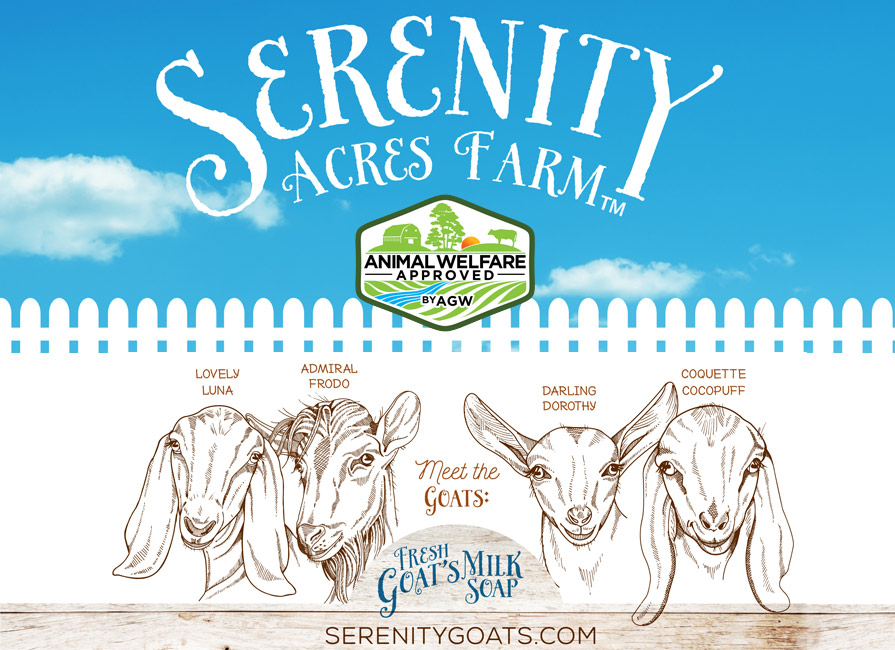Pound Ridge Organics – Pound Ridge, NY
Donna Simons raises Certified Animal Welfare Approved by AGW laying hens at Pound Ridge Organics in Westchester County, New York. Pound Ridge Organics sits on an original homestead property dating back to 1792. The laying hens roam the 2-acre property,…

